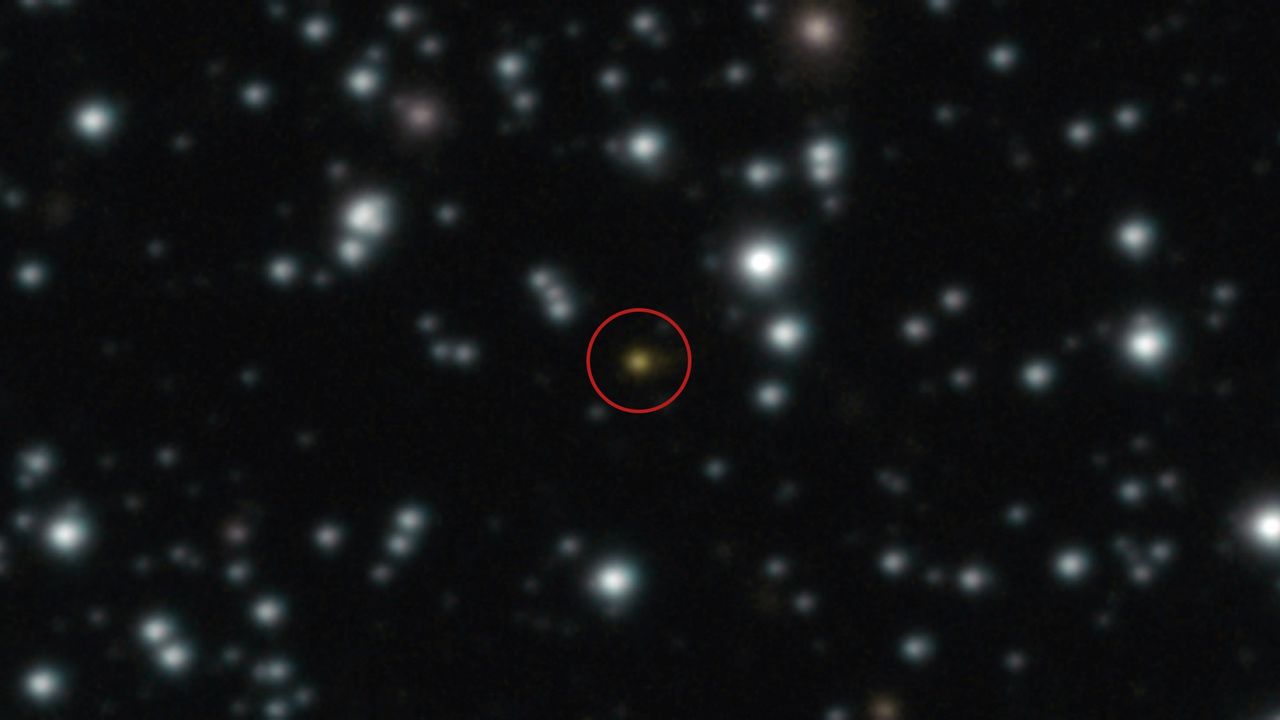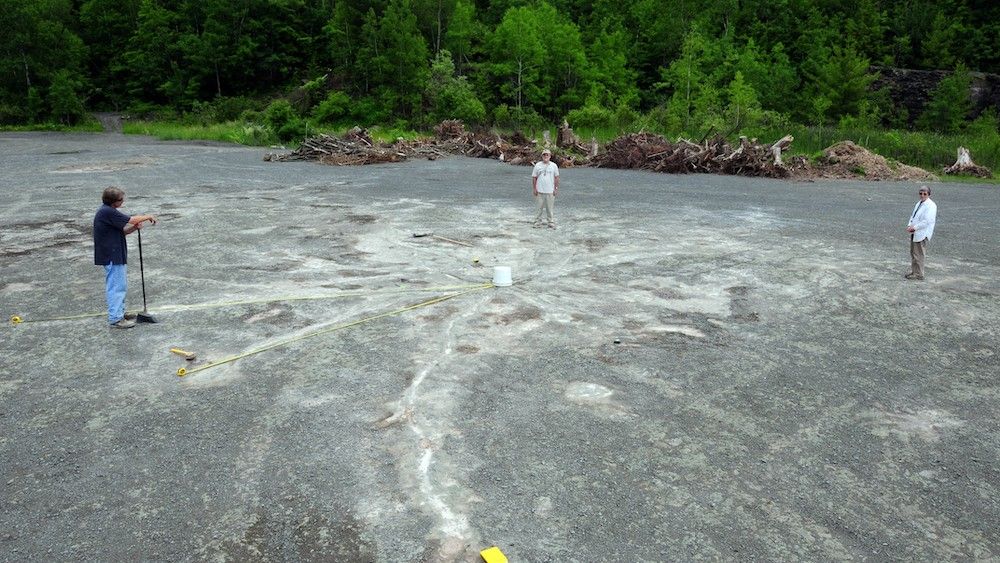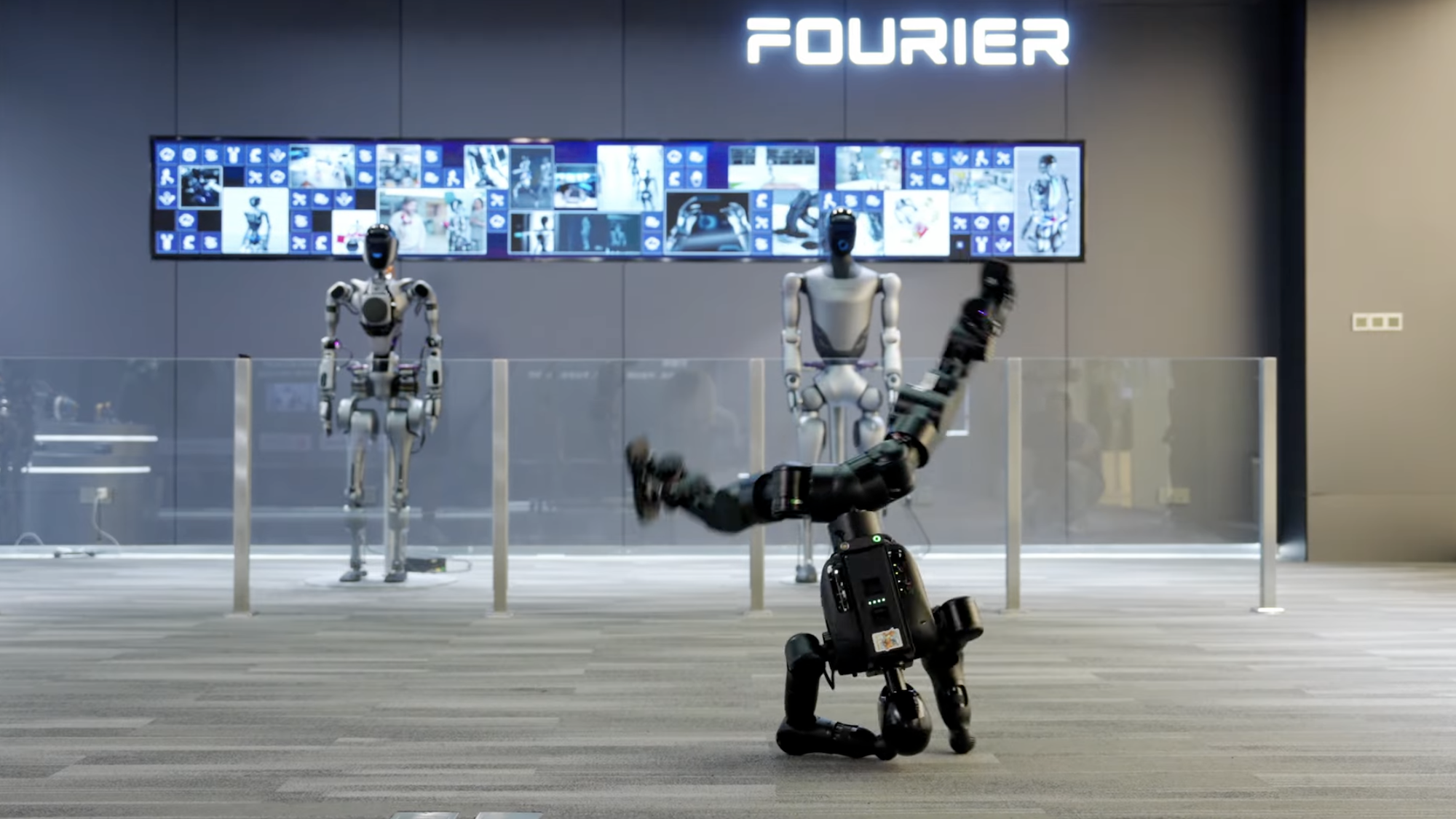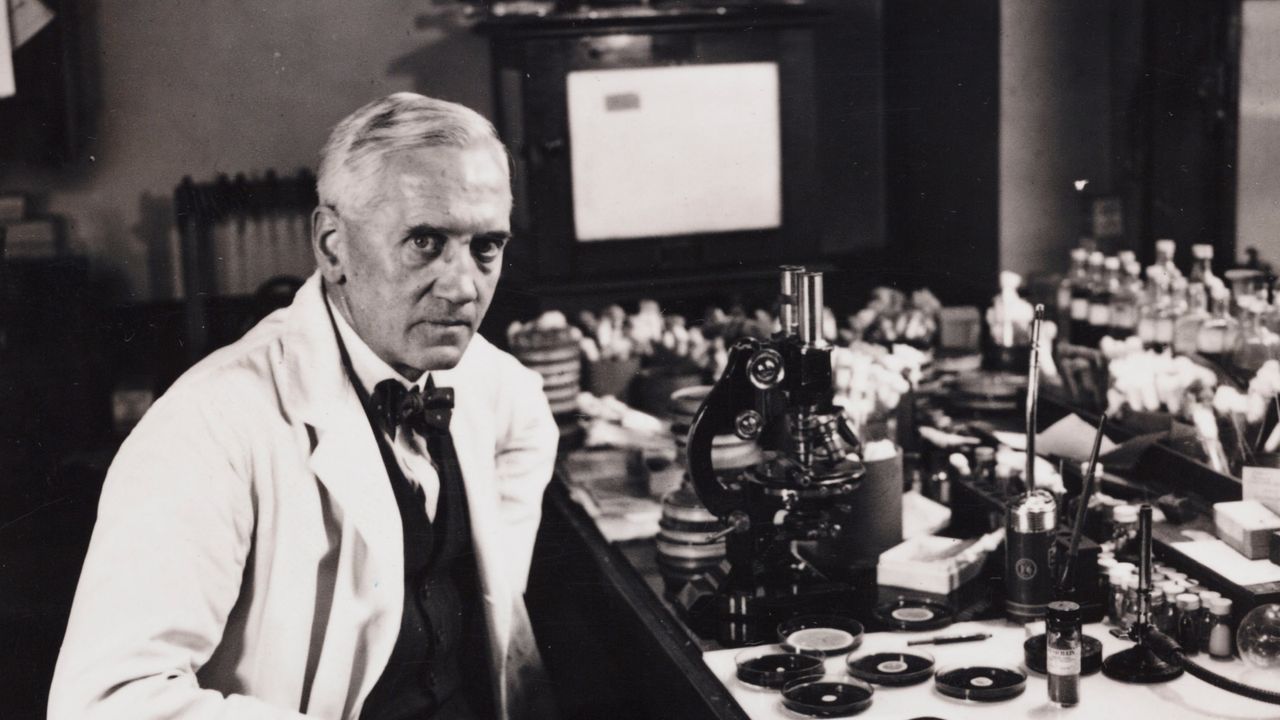Physicists find a loophole in Heisenberg’s uncertainty principle without breaking it
PositiveScience
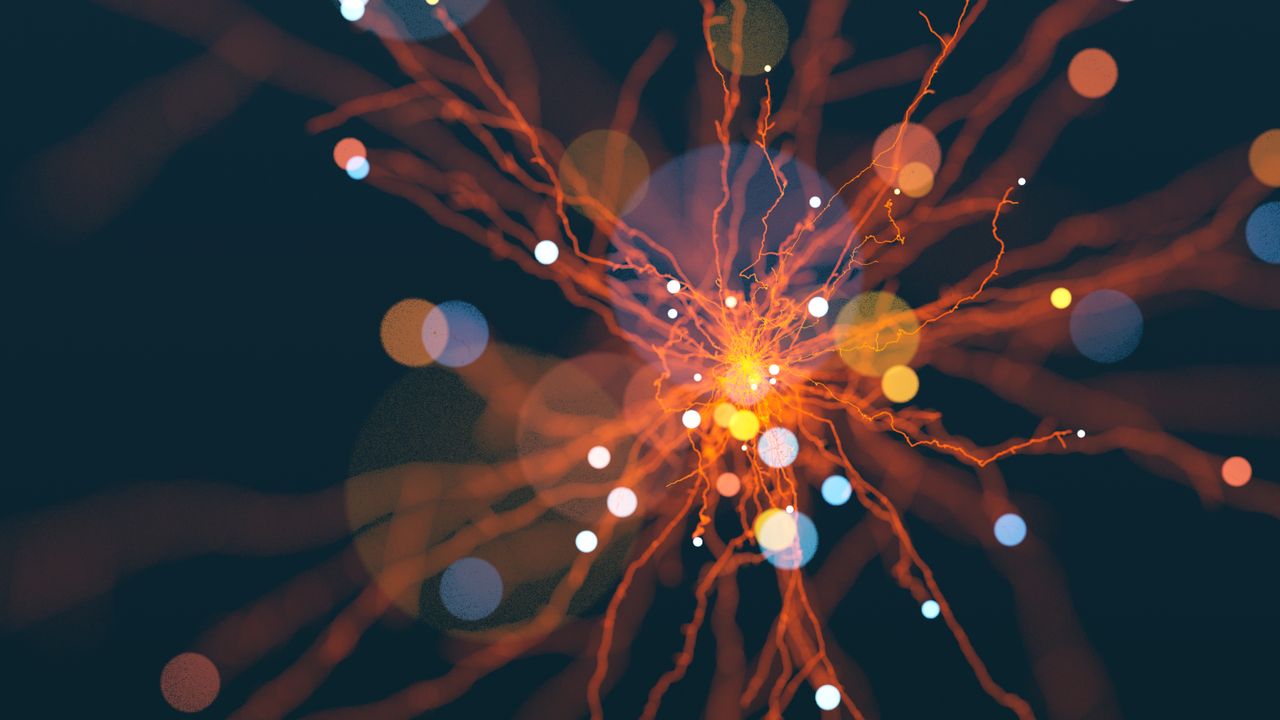
In a groundbreaking discovery, physicists have identified a loophole in Heisenberg's uncertainty principle, allowing them to measure both momentum and position simultaneously without breaking the fundamental rule. This advancement, achieved through the innovative use of a quantum grid, could revolutionize our understanding of quantum mechanics and enhance various technologies, making it a significant milestone in the field.
— Curated by the World Pulse Now AI Editorial System
